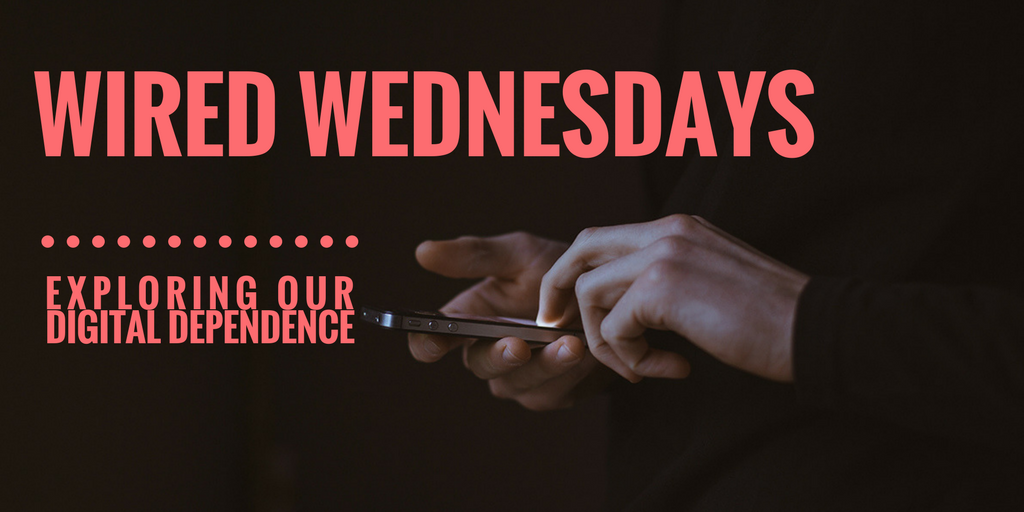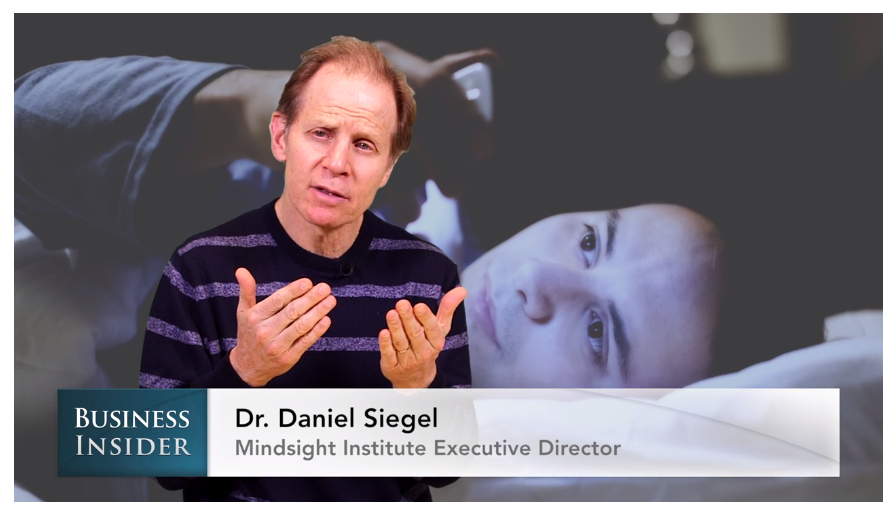![]()

![]()
Whenever you want to make healthier choices, like going on a diet, the most successful strategy is to focus on the benefits and yumminess of what you can have, rather than on what you’re giving up. It’s true with food, and it’s true with tech. Zeroing in on specific priorities, like to protect sleep, is going to make it much easier to tame your digital devotion into healthier balance—and by extension, establish healthier tech habits in your children.
Protect Sleep, The “Royal Cradle of Growth”
Sleep is Nature’s own simple treasure, offered to us nightly free of charge, and yet we frequently shine it on in favor of all manner of other trivial pursuits. And we suffer for it.
The list of reasons to protect sleep is long. And it’s full of things that impact very important features of lifelong health—many of them related to your brain. Protect your sleep and your children’s, and Life will thank you many times over with vitality that cannot be duplicated by any other means.
A Simple Way to Protect Sleep
Here’s psychiatrist (and a longtime mentor in the field of attachment neurobiology) Dan Siegel with a 2-minute crash-course in why you want to get in the habit of turning off your smartphone or tablet an hour or two before bed. And I know, I know—we’ve all been vaguely aware that we shouldn’t be on screens at bedtime if we want to protect sleep, but Dan breaks it down in a way that makes the abstract very very real!
And Speaking of Sleep…
By way of a friendly reminder in today’s go-go-go-wake-wake-wake world, your child needs anywhere between ten and fourteen hours of sleep (including naps) depending on his or her age. Here’s the National Sleep Foundation’s chart of sleep requirements in hours:
| Toddlers | 12-14 |
| Preschoolers | 11-13 |
| School-aged children | 10-11 |
| Adolescents | 9-10 |
| Adults | 7-9 |
Ensuring that our children get the sleep they need means making a sizable commitment to prioritizing it on a daily basis: to serve her dinner early enough to begin the bath-to-bedtime routine means curbing late afternoon errands or activities; throw the afternoon nap in there beforehand and suddenly you’re reminded of the earliest days of nursing when it seemed the end of one session practically dovetailed into the beginning of the next, with no “me” time in there anywhere!
Clearly, “simple” doesn’t always mean “easy.” It requires foresight, fortitude, and organization. And now, this added layer of digital discipline to protect sleep. But then again, when the cost-benefit ratio on this specific point about sleep is presented so clearly, it also kinda makes it easier to put down our phones, at least late at night, don’t you think??
Tags: Dan Siegel, digital-dependence, handheld devices, insomnia, sleep, sleep deprivation, smartphones, technology



